The Fable of the Bees: or, Private Vices, Publick Benefits is an essay written in the eighteenth century suggesting that the best route to the public good is to exploit the tendency to vice of the general public. It was scandalous in its day and its author Bernard Mandeville was prosecuted for its immoral tendency.
This is an early example of behavioural change theory. I was prompted to think of the Fable the other day when I was invited to be part of a judging panel for Best Brand Activation at a UK festival by Rich Sutcliffe for Brand Republic. The entry under discussion had done something rather interesting. Coca Cola drove recycling at festivals this summer by exchanging bottles for merchandise made from recycled materials. The discussion revolved around whether this had actually given anyone a taste for recycling, or whether it had simply appealed to the desire for free stuff in exchange for other people’s rubbish.
It doesn’t matter much either way. Instead of plastic bottles littering Hyde Park during Jay-Z’s gig this summer, you could barely finish your drink before someone swooped on your bottle and took it for a swap. It clearly cut down on the tidying up cost. This must have got some people to consider recycling who had never bothered before to do so.
It’s a good question to ask of any behavioural change project you might have in mind. What about it would reward the subject in an immediately gratifying way ? By giving them an immediate reward you might have a chance of changing their behaviour than by merely offering the promise of feeling good from doing the right thing.
Or as Mandeville himself said “Private Vices by the dextrous Management of a skilful Politician may be turned into Publick Benefits.” For “politician” read planner.
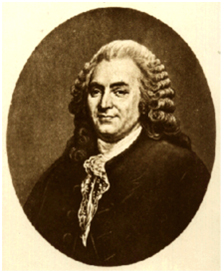

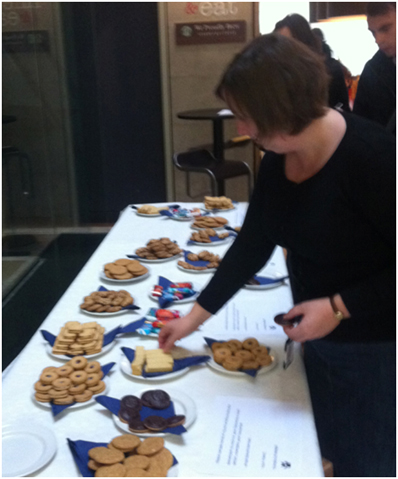
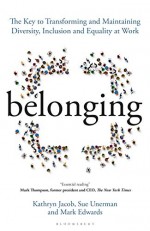
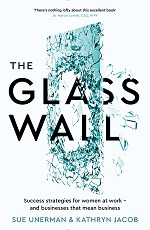
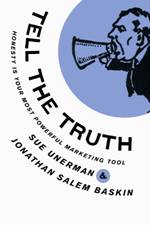
Appointment to view TV is back and this time it’s hashtagged.
Wednesday, November 24th, 2010For most of the 21st Century trend spotters have been talking about personalisation as the predominant force. Tailored for you, and delivered when you want and how you want it. What we’re now seeing is a trend in absolutely the opposite direction. Shared or communal experiences have a much bigger pull than most people expected.
Look at TV. All the chat about TV viewing over the last few years has included the trend to smaller TVR deliveries. There’s been lots of noise about the golden days of half the country watching the Morecombe and Wise Christmas Special being long gone. Whilst half the country don’t sit down to watch one show in that way there is still some Event programming that brings in big live audiences – The Big Brother Final, XFactor; the World Cup. And now, thanks to media that many felt would threaten TV, Event viewing is multiplying and becoming easier and easier to participate in.
In this Age of Dialogue, the ability to join in with friends or even strangers and talk about a TV show whilst it is on air is transforming the water cooler moment from the day after a can’t miss programme to whilst the programme is actually on air. Have a look at some great examples of how social media is enhancing viewing to both TV programmes and TV advertising on the MediaCom MBA blog at www.wearemba.com.
Expect to see more hashtags encouraging this like #laterjools or #hignfy (Have I Got News For You). Expect to see more hashtag content in the programmes like the Late Nighthashtags on Jimmy Fallon (http://www.latenightwithjimmyfallon.com/video/say-what-part-1-7-16-10/1239312).
Would TV pundits and internet soothsayers have predicted that Facebook and Twitter would help to increase ratings and dissuade the audience from waiting for catch up TV or Video On Demand? I can’t remember hearing any predictions along those lines. But that’s exactly what we’ve arrived at. If you miss the live show, you miss the best of the chat. So appointment to view TV is having a delightful resurgence. This trend delivers great opportunities for advertisers.
Posted in MediaComment | No Comments »